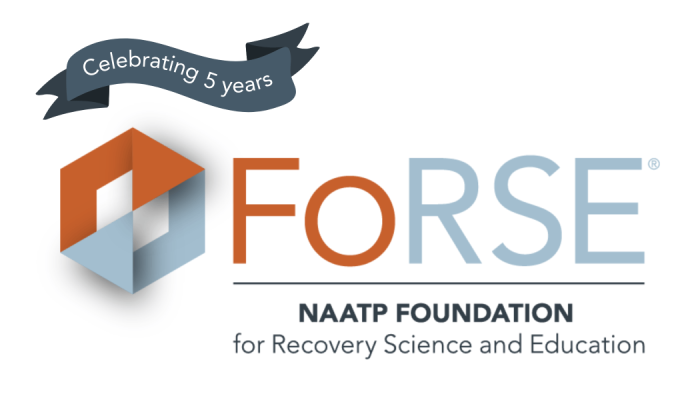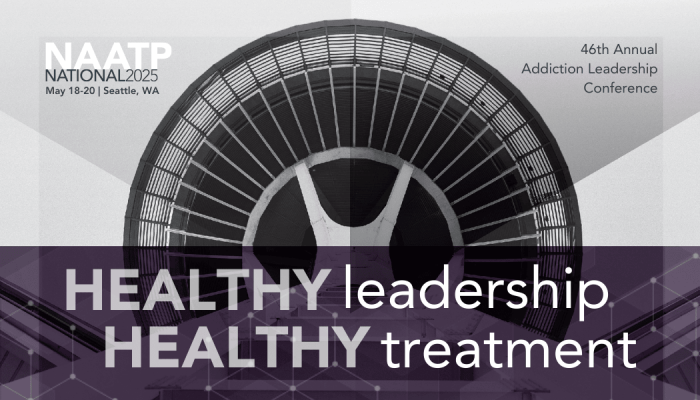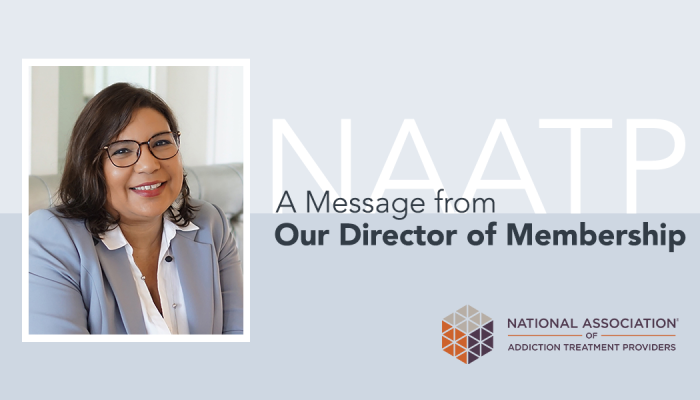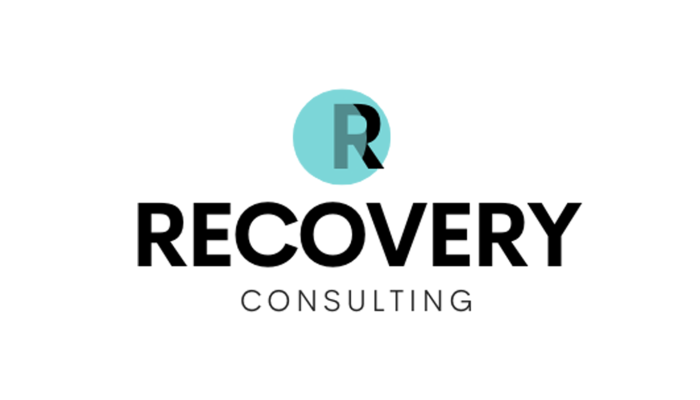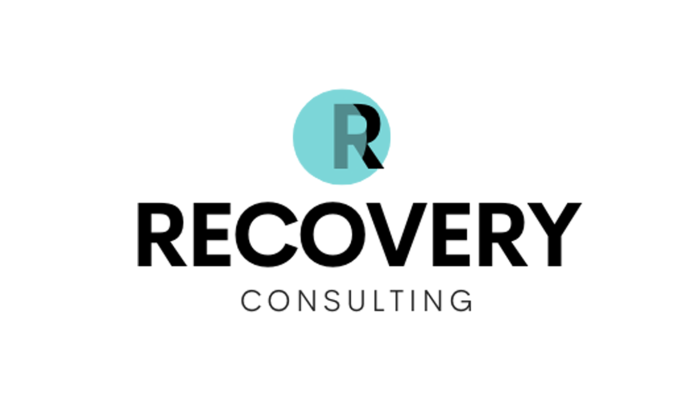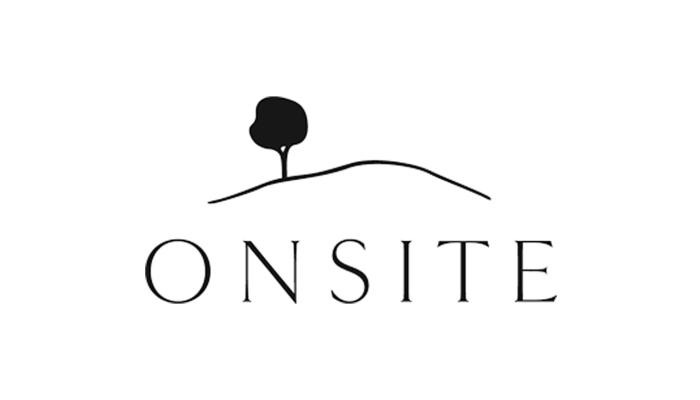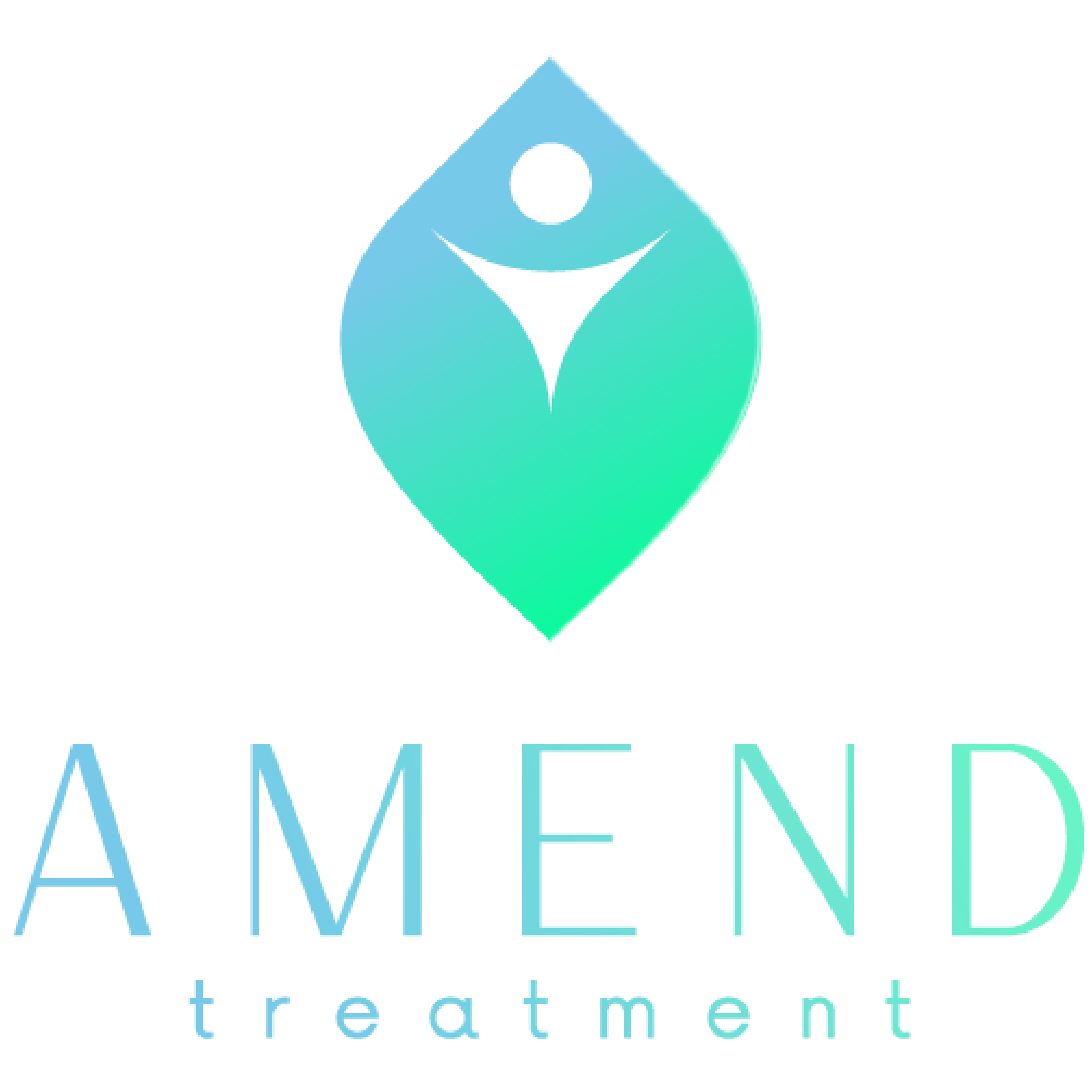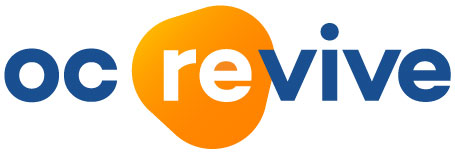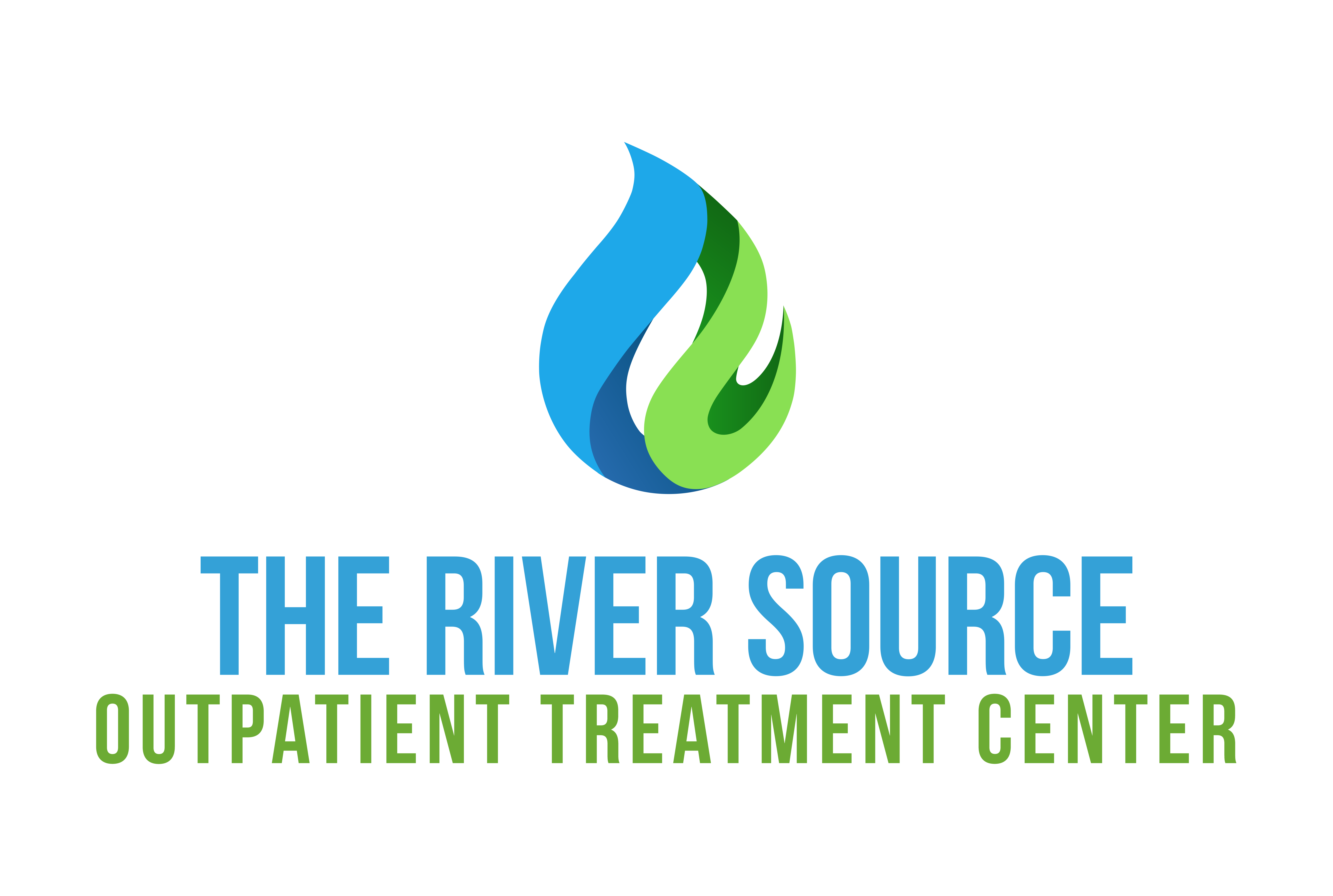Main Areas of Responsibility:
Key Responsibilities:
MAT Utilization: Track and increase Medication-Assisted Treatment (MAT) utilization.
Chart Compliance: Ensure orders are signed within 48 hours, and co-signatures for key documents within 72 hours.
Readmission Rates: Work to reduce 30-day patient readmission rates.
Patient Satisfaction: Maintain high patient satisfaction as measured by quarterly KPI reports.
Incident Report Review: Address all incident reports within 48 hours to ensure timely resolution of issues.
Lead Clinical Teams: Foster collaboration with providers, nursing staff, and other healthcare professionals to ensure patient-centered care.
Ensure Responsiveness: Provide timely consultation and support for staff inquiries.
Maintain Licensure & Testing: Oversee CLIA licensure and ensure staff competency for waived testing.
Ensure Policy Adherence: Enforce proper implementation of facility policies and procedures.
Utilization Review: Provide insights for patient care decisions and appropriate treatment levels.
Documentation & Reporting: Ensure accurate EMR documentation and compliance with regulatory standards.
Other Information/Requirements:
Position Details:
Reports to: Chief Medical Officer
Schedule: Part time with flexibility to choose your scheduled days.
Locations: Coatesville and Langhorne, PA.
Hybrid: 1-2 days per week in Coatesville, PA and 1 day every other week in Langhorne, PA. The remaining hours can we worked remotely.
Supervisory Responsibilities: Overseeing mid-level providers, including 4-6 Nurse Practitioners and Physician Assistants.
Required Qualifications:
Medical Degree (MD or DO) from an accredited institution.
An active and unrestricted medical and DEA license in the State of Pennsylvania.
Board Certification in Addiction Psychiatry or Psychiatry.
Minimum of five years of professional medical and/or psychiatric work experience.
Minimum of two years of experience in a leadership role.
Experience in managing high-intensity residential treatment settings.
Preferred Qualifications:
Board Certification in Addiction Medicine.
MPH, MHA, MBA, or similar.
Trauma-informed care, MI, or CBT training.





